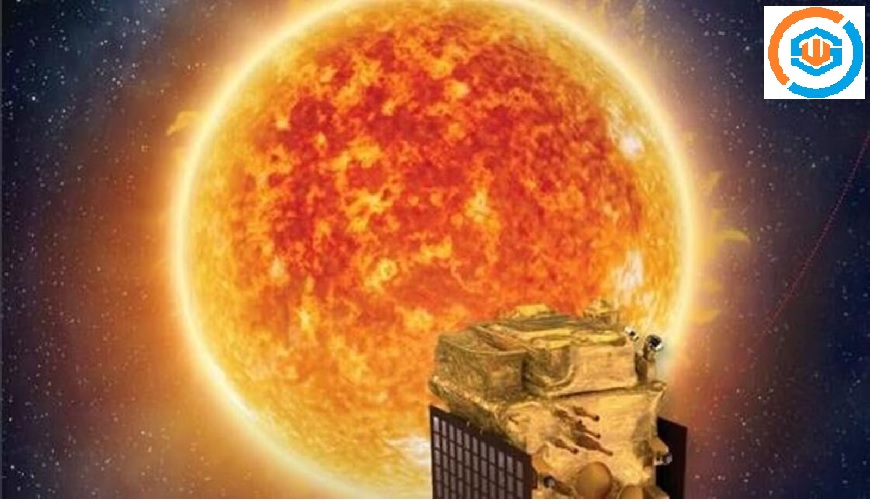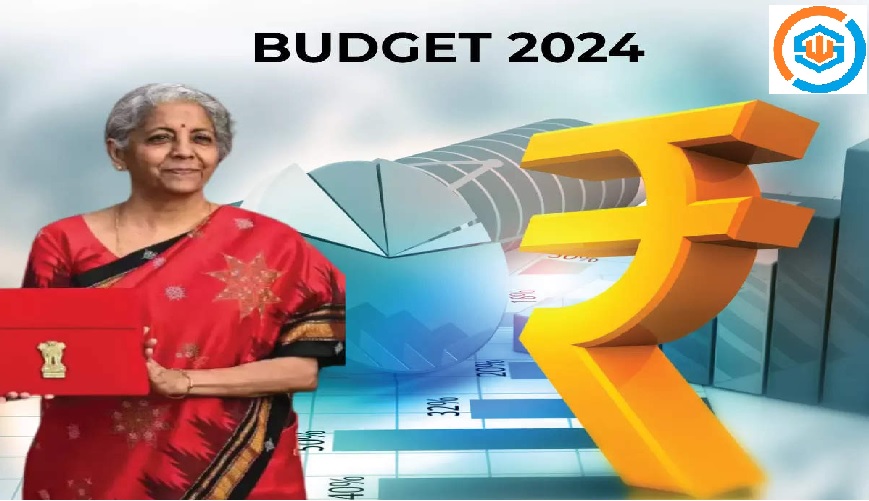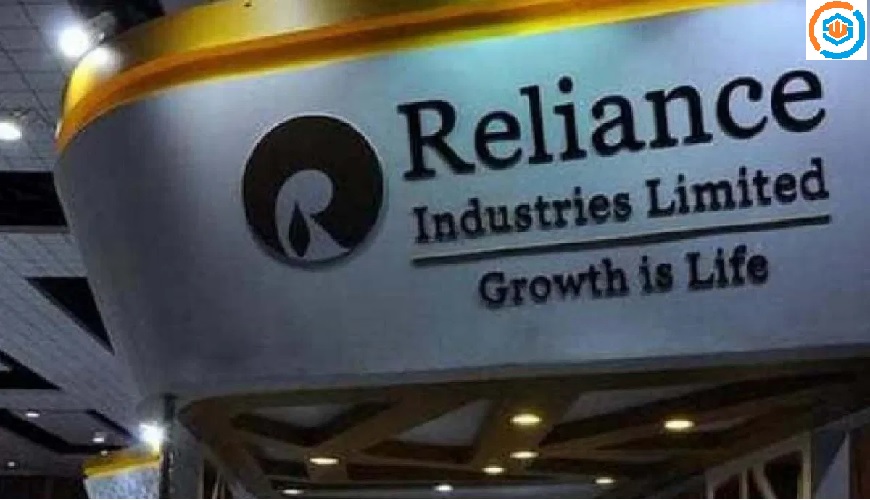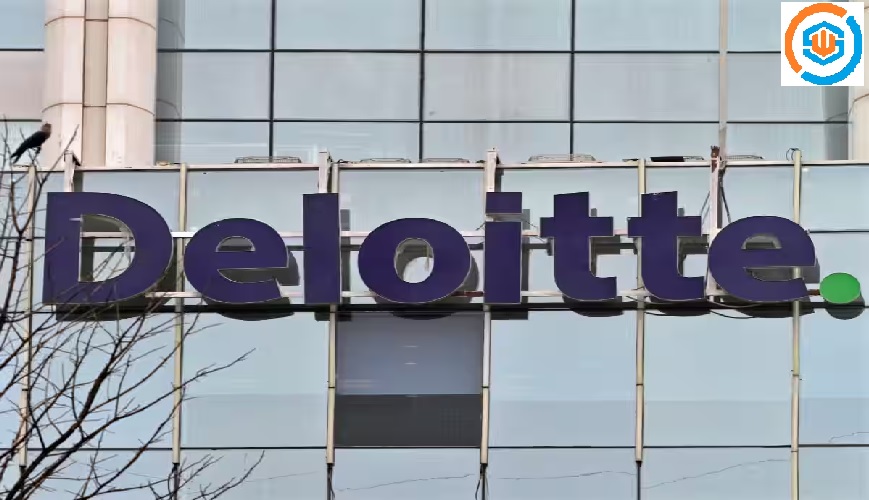
- 3 Dec
- 2023
ISRO gives an update on Aditya-L1; says solar wind particle experiment payload starts ops
Indian Space Research Organisation (ISRO) on Saturday informed that the Aditya Solar wind Particle Experiment payload aboard India's solar satellite, Aditya-L1 satellite, has commenced its operations and is performing normally.
Aditya Solar wind Particle Experiment (ASPEX) consists of two cutting-edge instruments 'the Solar Wind Ion Spectrometer (SWIS) and SupraThermal and Energetic Particle Spectrometer (STEPS), the Indian space agency said in an update. It is to be noted that the STEPS payload was operational on September 10, 2023, while the SWIS instrument was activated on November 2, 2023.
"SWIS, utilising two sensor units with a remarkable 360° field of view each, operates in planes perpendicular to one another," the statement read.
On September 2, the Aditya-L1 spacecraft was successfully launched by ISRO's Polar Satellite Launch Vehicle (PSLV-C57) from the second launch pad of the Satish Dhawan Space Centre in Sriharikota.
The first space-based observatory in India, Aditya-L1, is studying the Sun from a halo orbit around the first Sun-earth Lagrangian point (L1), situated approximately 1.5 million kilometres from Earth.
The device has successfully measured solar wind ions, mostly protons and alpha particles, according to ISRO.
Further, fluctuations in the counts of protons and alpha particles (doubly ionised helium, He2+) have been seen in a sample energy histogram that was gathered from one of the sensors over the course of two days in November 2023, the ISRO said.
For space weather research, the enhanced alpha-to-proton ratio is important since it is frequently believed to be one of the most sensitive indicators of the passage of interplanetary coronal mass ejections (ICMEs) at the L1.











